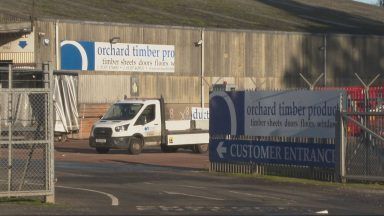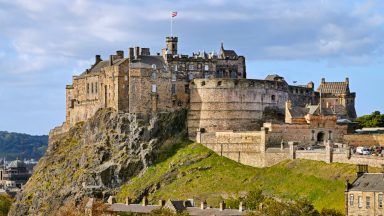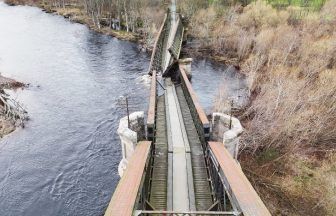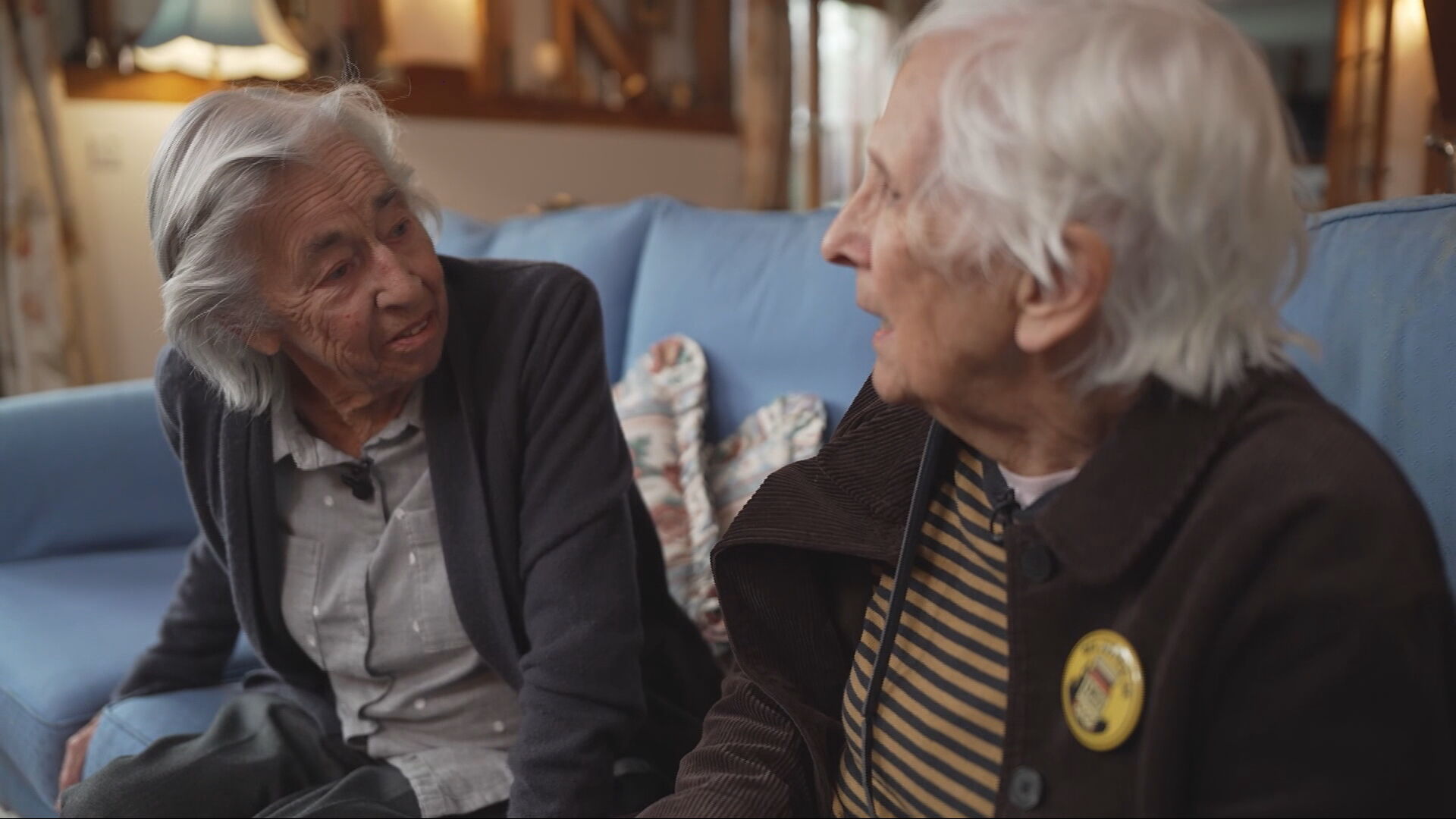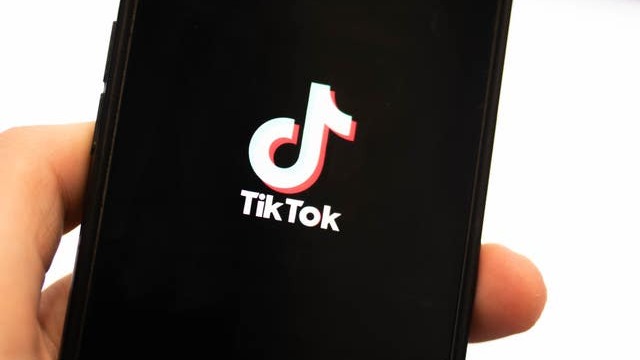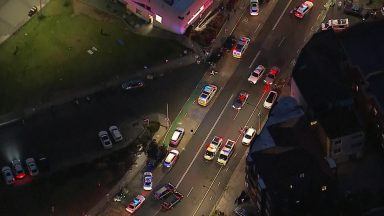A volcano in Iceland has erupted for the seventh time in 11 months, sending molten lava flowing towards the Blue Lagoon spa.
The latest eruption on the Reykjanes Peninsula started on Wednesday evening and created a fissure around three kilometres long.
The activity is estimated to be considerably smaller than the previous eruption in August, according to Iceland’s meteorological office that monitors seismic activity.
Most of the previous eruptions have subsided within days.
“In the big picture, this is a bit smaller than the last eruption, and the eruption that occurred in May,” Magnús Tumi Guðmundsson, a professor of geophysics who flew over the scene with the Civil Protection agency to monitor the event, told national broadcaster RUV.
While the eruption poses no threat to air travel, authorities warned of gas emissions across parts of the peninsula, including the nearby town of Grindavík, which was largely evacuated a year ago when the volcano came to life after lying dormant for 800 years.
About 50 houses were evacuated after the Civil Protection agency issued the alert, along with guests at the Blue Lagoon. By Thursday afternoon, lava had spread across the car park of the geothermal spa, one of Iceland’s biggest tourist attractions and had consumed a service building.
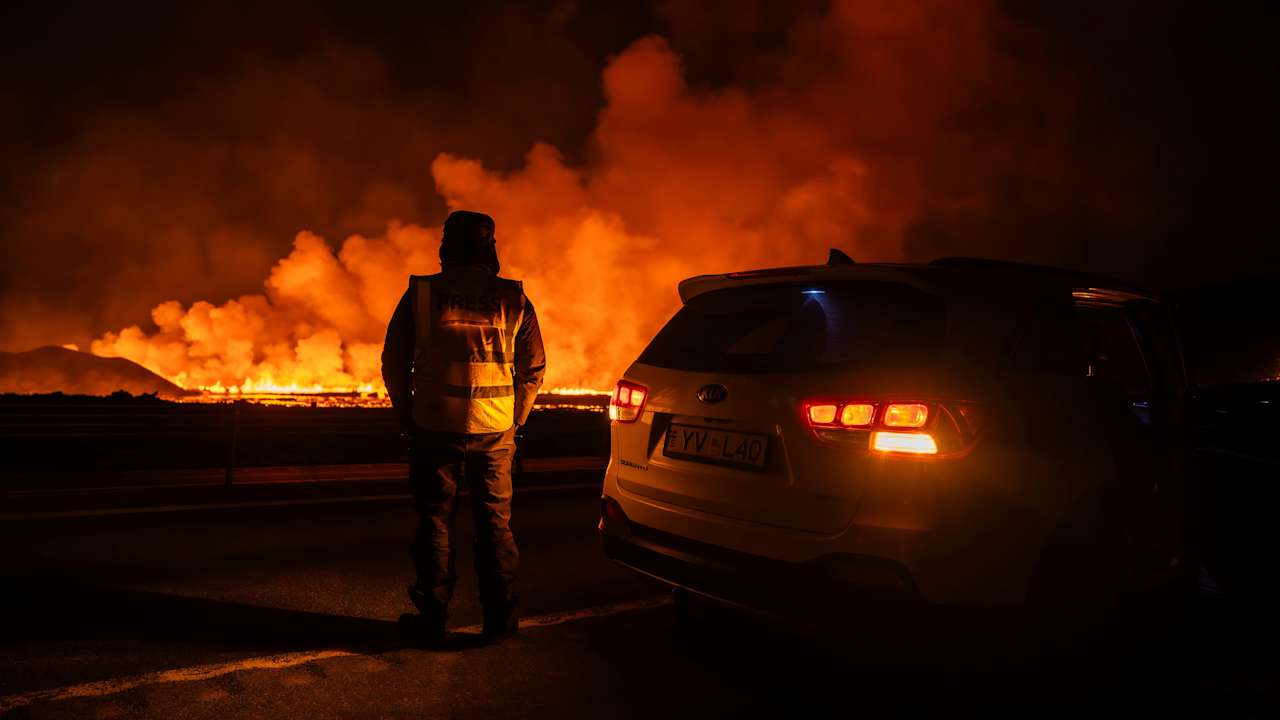
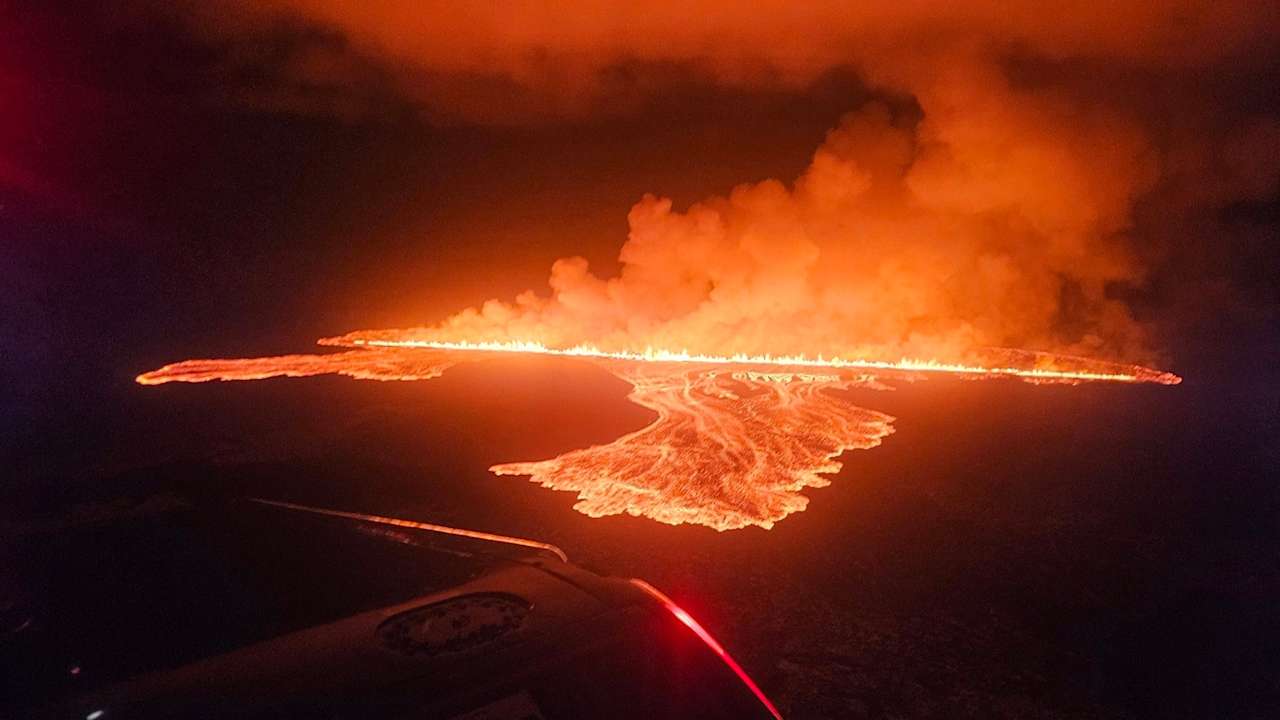
Lava also reached the pipeline that supplies the peninsula with hot water for heating, the meteorological office said, though the pipes were built to withstand lava flow.
The repeated volcanic eruptions close to Grindavík, which had a population before the eruptions of 3,800, have damaged infrastructure and property, forcing many residents to relocate to guarantee their safety.
“Grindavík is not in danger as it looks and it is unlikely that this crack will get any longer, although nothing can be ruled out,” Magnús Tumi said.
Follow STV News on WhatsApp
Scan the QR code on your mobile device for all the latest news from around the country







